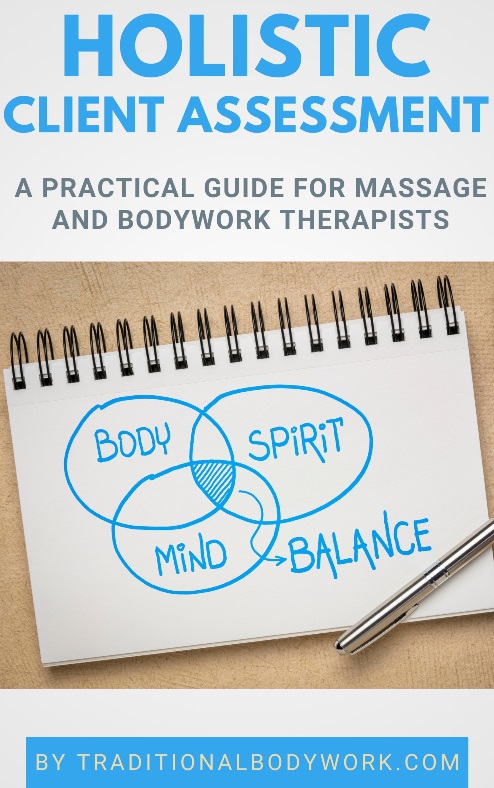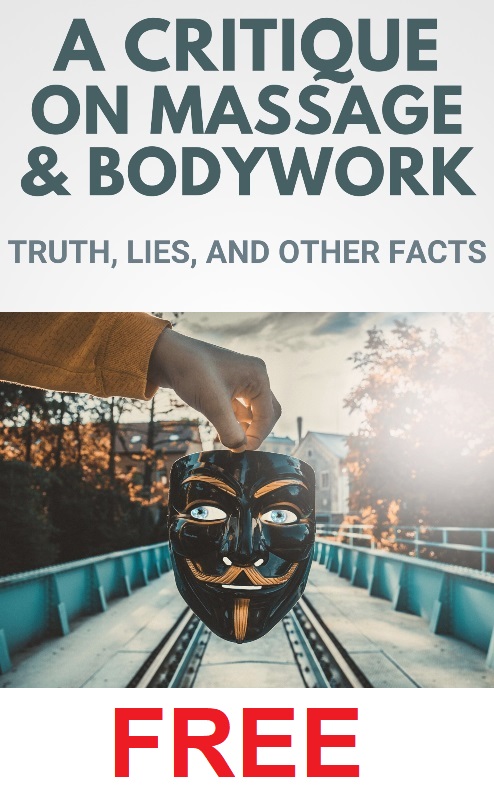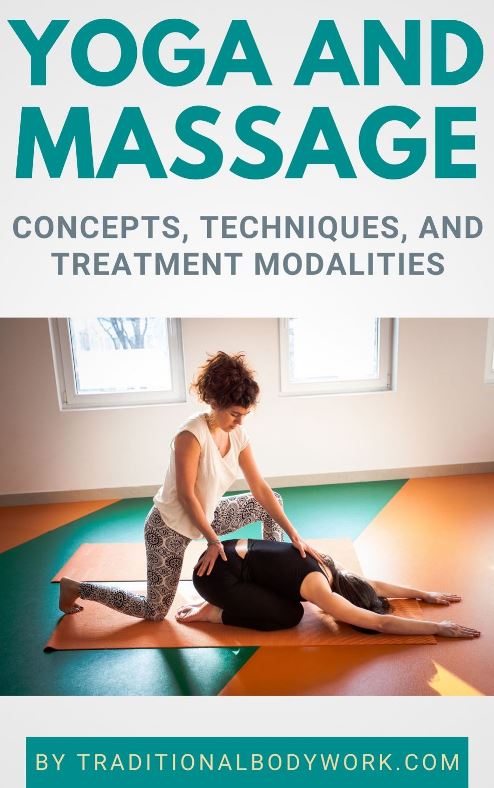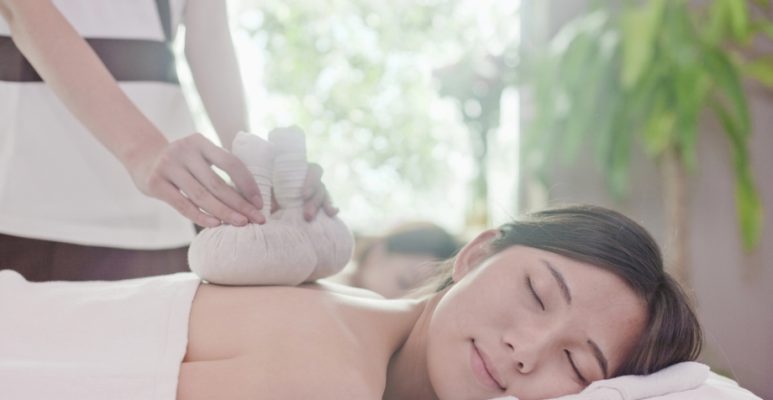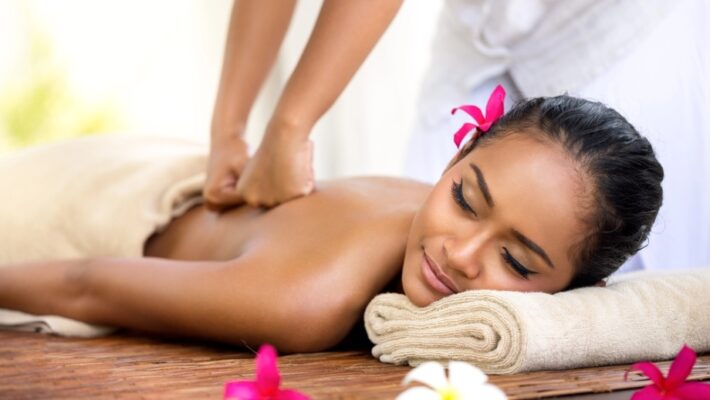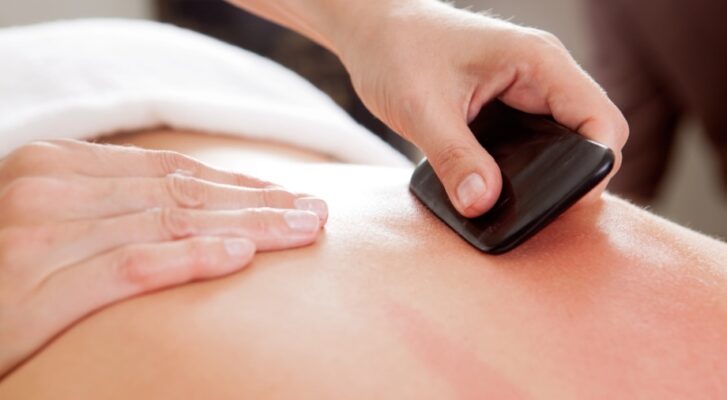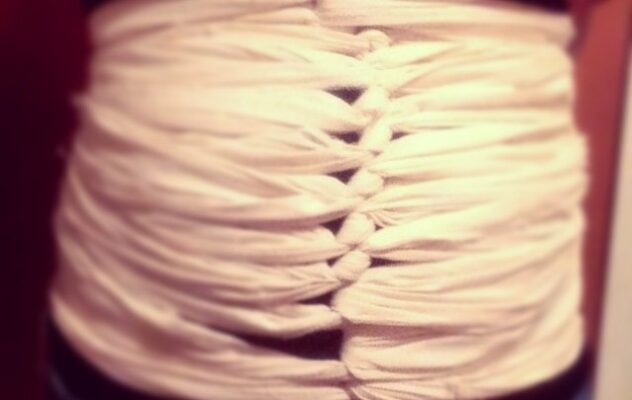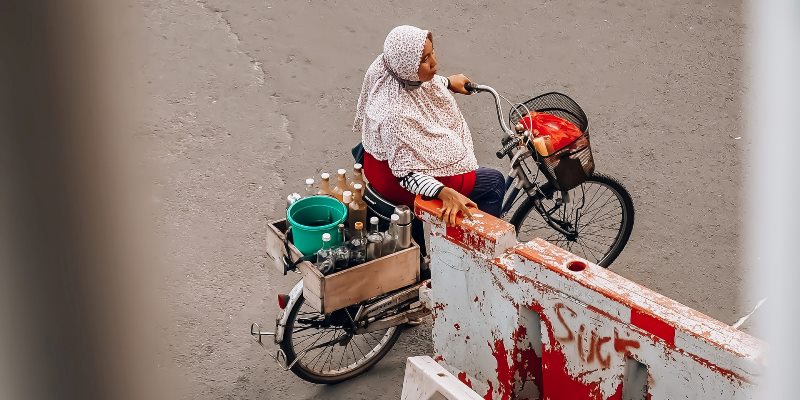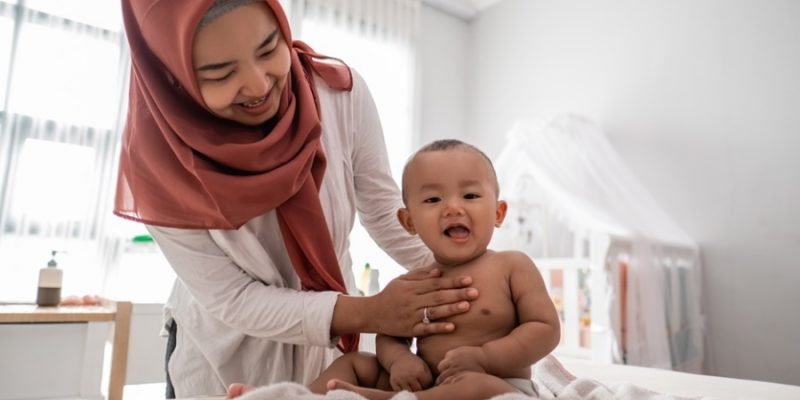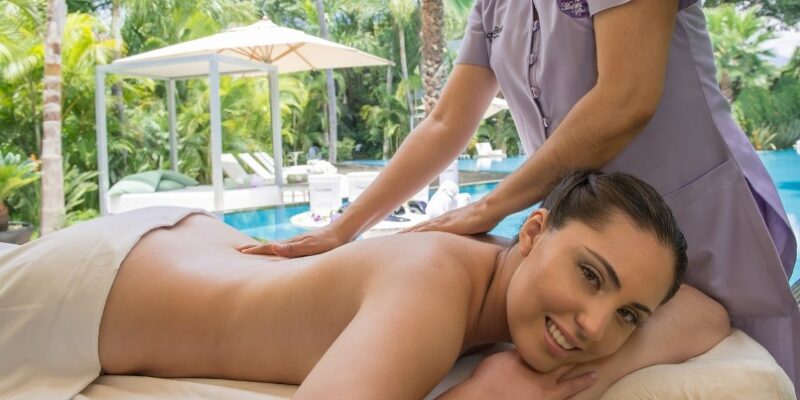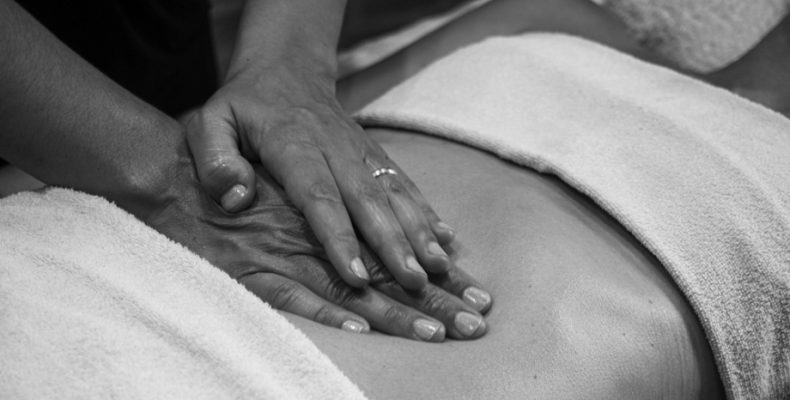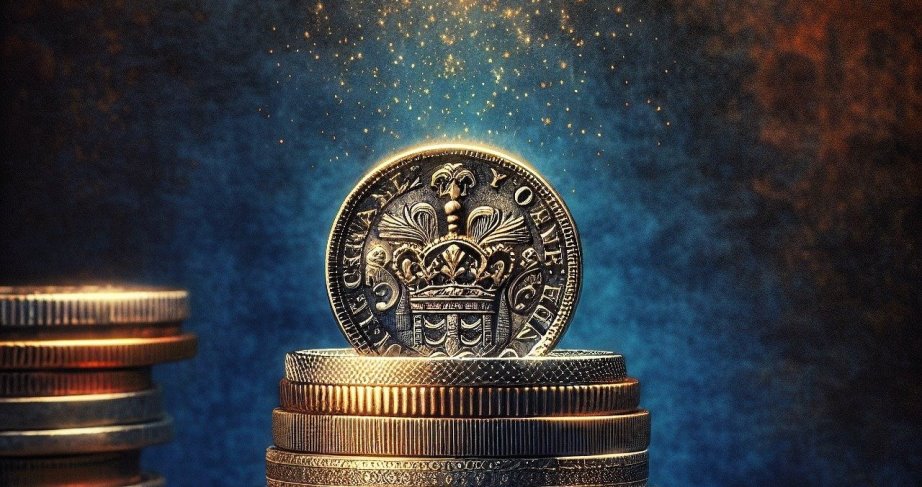
Kerok or Kerokan Coin Massage is a dermabrasive traditional Indonesian massage treatment modality that has similarities with Chinese Gua Sha (Guasha). The Kerok technique is also called scraping or spooning.
It’s a massage technique done by firmly rubbing the edge of a coin with some oil on the outer layer of the skin to alleviate colds, flu, indigestion and abdominal pains, muscle aches and what is called masuk angin or bad wind. The idea of the treatment is to improve blood circulation, notably to the outer skin layers, detoxify the body, and combat feelings of weakness, nausea, tiredness, or stiffness.
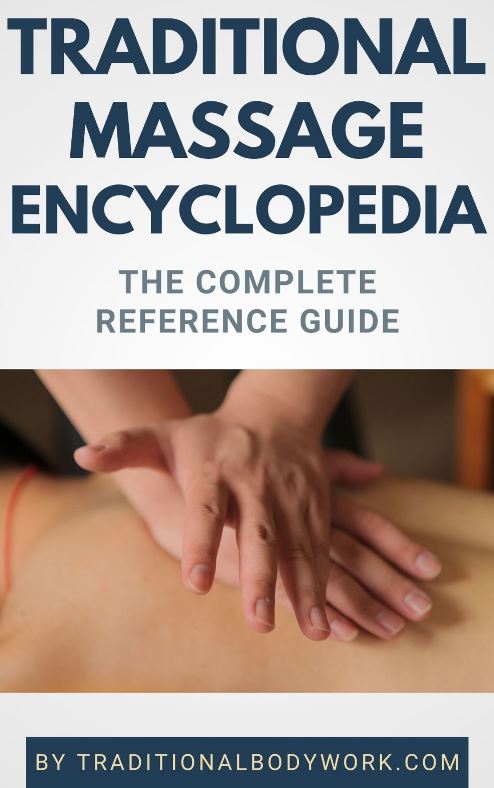
Usually, the coin technique is used on the back, shoulders, and abdominal area. A typical treatment would start at the neck and go all the way down the legs. After using the coin (or any other blunt object, such as a marble or healing stone), the skin shows multiple red welts and lines, like Zebra stripes, and it looks like being whipped.
Typically, when done in the traditional way, before and after a Kerokan session (which takes about 30 minutes), the receiver will get a full body manual massage that uses ointments or oils containing camphor or coconut oil.
The treatment may be somewhat painful. Although side effects are rare, irritations, inflammations, dermatitis, burns and hematuria may occur. Yet, it’s thought that the redder the marks, the more bad winds (angin) are released, detoxifying the body.
Although Kerokan Massage has been practiced for centuries across Indonesia, there is no actual scientific proof that it provides health benefits. Yet, many in Indonesia find the treatment rather addictive because when the skin is being rubbed, nerves react that will excrete endorphin hormones, which make people feel good and also suppress pains.

